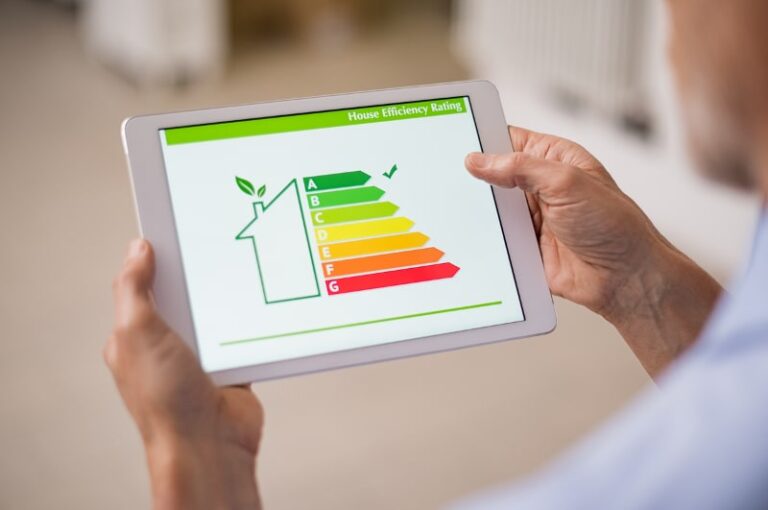If you’re looking to purchase an air conditioner in Charleston, SC, you’ll notice each has a SEER rating. The SEER (Seasonal Energy Efficiency Ratio) rating is a very important factor to consider before making a purchase. Not every consumer knows exactly why though. Read on to learn more about what a SEER rating is and why it matters for your AC system.
What’s a SEER Rating?
The SEER of an air conditioning unit (or air-source heat pump) is found by dividing the unit’s total cooling output over the course of a season by the total amount of energy it consumed. Since air conditioning units don’t always work at full capacity, the SEER rating is essentially a glimpse of how efficient a given unit is on average.
For air conditioners that consume less energy while still providing optimal cooling, the SEER will be higher. Generally speaking, the higher the SEER rating, the more energy-saving and potentially cost-saving the unit.
The standardized SEER rating system makes it especially easy to compare multiple units when shopping for a new AC system. Rather than searching through the fine print or having to rely on manufacturer claims, you can simply compare the SEER ratings to see which units are most efficient.
However, SEER ratings only speak to a unit’s efficiency. They don’t evaluate durability or other factors. With any AC unit, it’s important to have regular maintenance done to ensure the unit functions optimally.
What Qualifies as a “Good” SEER Rating?
As of 2013, The United States Department of Energy requires that all new central air conditioning systems have a minimum SEER of 13. If you’re shopping for an air conditioner, you likely will see units ranging from 13 to 25 SEER. Here’s a breakdown of SEER ranges and what they mean for energy efficiency:
- 13 to 15: These basic units generally have the lowest upfront cost, but they’re the least energy efficient. While they may work perfectly fine for cooling your home, they usually run at full capacity or close to it. As a result, they’re louder than units with higher SEER ratings.
- 16 to 19: These units are more efficient than basic units. While they may cost a bit more upfront, they cost less to operate. These units don’t need to run at full capacity and are generally quieter than those with lower SEER ratings.
- 20 to 25: These high-efficiency units automatically adjust to keep your home at an optimal temperature. They’re sometimes called variable-capacity central air conditioning, and they can usually perform between 25 and 100 percent of their full capacity. High-efficiency units are the most expensive to purchase, but they also offer the potential to save money on utility bills while enjoying quiet and even cooling.
While it’s true that an air conditioning unit with a higher SEER will save you money on energy costs, the exact amount you will save depends on your home’s size, how insulated it is and how much you pay per kilowatt-hour of electricity as well. Therefore, it’s vital that you hire a professional to correctly size your air conditioner.
How Can I Determine What SEER Rating is Right for Me?
Purchasing an air conditioning unit requires homeowners to take several factors into account. Before you choose one, it’s wise to have a professional assess your home and recommend the right unit size needed for optimal cooling.
Your HVAC professional can also discuss the drawbacks and benefits of purchasing an air conditioning unit with a higher SEER rating. The energy-saving benefits of a higher-efficiency unit make purchasing one worthwhile for some homeowners. But for many, a medium-efficiency unit strikes a balance between an affordable upfront price and manageable operation costs.
Are you looking to purchase a new air conditioning unit? Don’t hesitate to reach out to Berkeley Heating & Air Conditioning. Our specialists can install, repair and maintain your home’s AC system for year-round comfort.
Image provided by iStock


